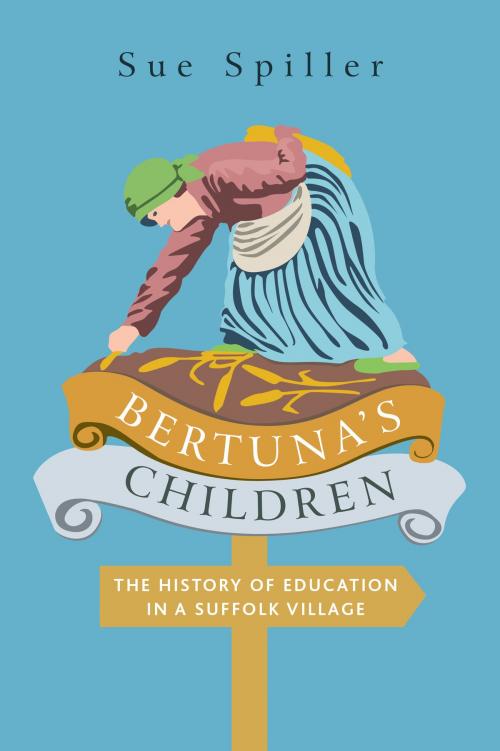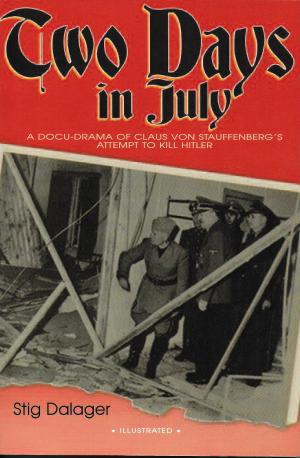Bertuna's Children
the history of education in a Suffolk village
Nonfiction, Social & Cultural Studies, Current Events, Political Science, Government, Local Government| Author: | Sue Spiller | ISBN: | 9781911593058 |
| Publisher: | Arena Books | Publication: | February 6, 2017 |
| Imprint: | Arena Books | Language: | English |
| Author: | Sue Spiller |
| ISBN: | 9781911593058 |
| Publisher: | Arena Books |
| Publication: | February 6, 2017 |
| Imprint: | Arena Books |
| Language: | English |
Bertuna is the Saxon name of Great Barton, a village in West Suffolk. Bertuna’s Children relates the 200-year history of the village school, the lives of the people who have worked and studied there and the local and national events that have influenced its evolution.
The book documents the day-to-day working of the school and the challenges faced by consecutive head teachers and school managers. It shows that many of the issues, which politicians, teachers and school governors faced during the nineteenth century, are germane today, and that, as long as political decisions are based on ideology rather than systemic evidence, the education system will be in a constant state of change and many issues may never be resolved.
The book includes details of the lives of many of the people who were associated with Great Barton School and provides a valuable basis for further family history research. Two head teachers, one teacher and 120 ‘old boys’ served in the armed forces during the First World War. During the nineteenth century, several families emigrated from Great Barton to the United States, Canada, South Africa and Australia, where a town was named Bunbury in honour of the third son of Sir Henry Bunbury, founder of the school.
This very readable book should appeal to all those who are interested in local and family history and the history of education in Britain.
Bertuna is the Saxon name of Great Barton, a village in West Suffolk. Bertuna’s Children relates the 200-year history of the village school, the lives of the people who have worked and studied there and the local and national events that have influenced its evolution.
The book documents the day-to-day working of the school and the challenges faced by consecutive head teachers and school managers. It shows that many of the issues, which politicians, teachers and school governors faced during the nineteenth century, are germane today, and that, as long as political decisions are based on ideology rather than systemic evidence, the education system will be in a constant state of change and many issues may never be resolved.
The book includes details of the lives of many of the people who were associated with Great Barton School and provides a valuable basis for further family history research. Two head teachers, one teacher and 120 ‘old boys’ served in the armed forces during the First World War. During the nineteenth century, several families emigrated from Great Barton to the United States, Canada, South Africa and Australia, where a town was named Bunbury in honour of the third son of Sir Henry Bunbury, founder of the school.
This very readable book should appeal to all those who are interested in local and family history and the history of education in Britain.















